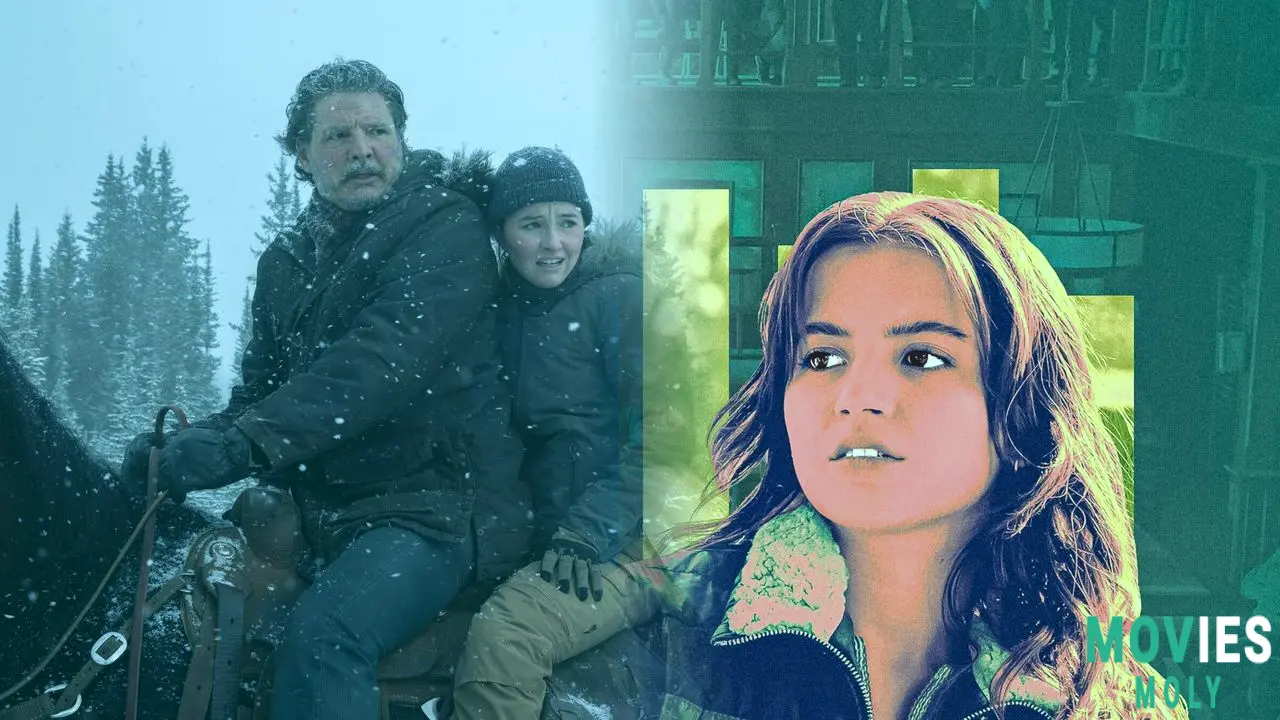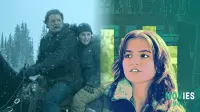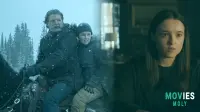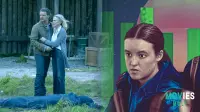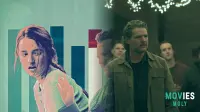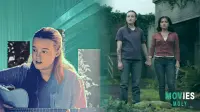Warning: This article contains major spoilers for The Last Of Us Season 2, Episodes 2 and 3.
If Episode 2 of The Last of Us Season 2 was a cinematic bombshell that detonated the emotional core of the series, then Episode 3 is the somber echo that follows an explosion — one that reverberates through every frame, conversation, and cold, snowy landscape. After the gut-punch of Joel’s brutal death at the hands of Abby and her Firefly crew, the latest installment doesn’t just catch its breath — it bravely steps into the aftermath, giving us a heartbreaking — and hopeful — look at what comes next for Ellie.
Ellie’s grief-filled journey begins as the show embraces its next chapterCalled simply “Episode 3” (though unofficially dubbed “The Quiet After the Storm” by fans and critics alike), the hour-long interlude serves two critical functions. One, it lets viewers process the emotional carnage of “Through the Valley,” and two, it sets the stage for a second-season story that no longer revolves around Joel—but still clings tightly to the bond he shared with Ellie. And make no mistake: this is now Ellie’s story.
Bella Ramsey delivers a masterclass in restrained emotional chaos as Ellie surfaces from trauma into survival mode. Waking up in a hospital with a chest tube still in her side, she puts on a fragile mask of composure—one that cracks more and more as the episode drags on. Her interactions with the ever-cool-yet-clinical Gail (a role that continues to grow more interesting by the episode) feel like rehearsed therapy sessions. Ellie isn’t healed. She’s pretending. And Ramsey nails that tightrope walk between façade and fracture.
The show proves it can thrive beyond Joel with emotional nuance and character depth
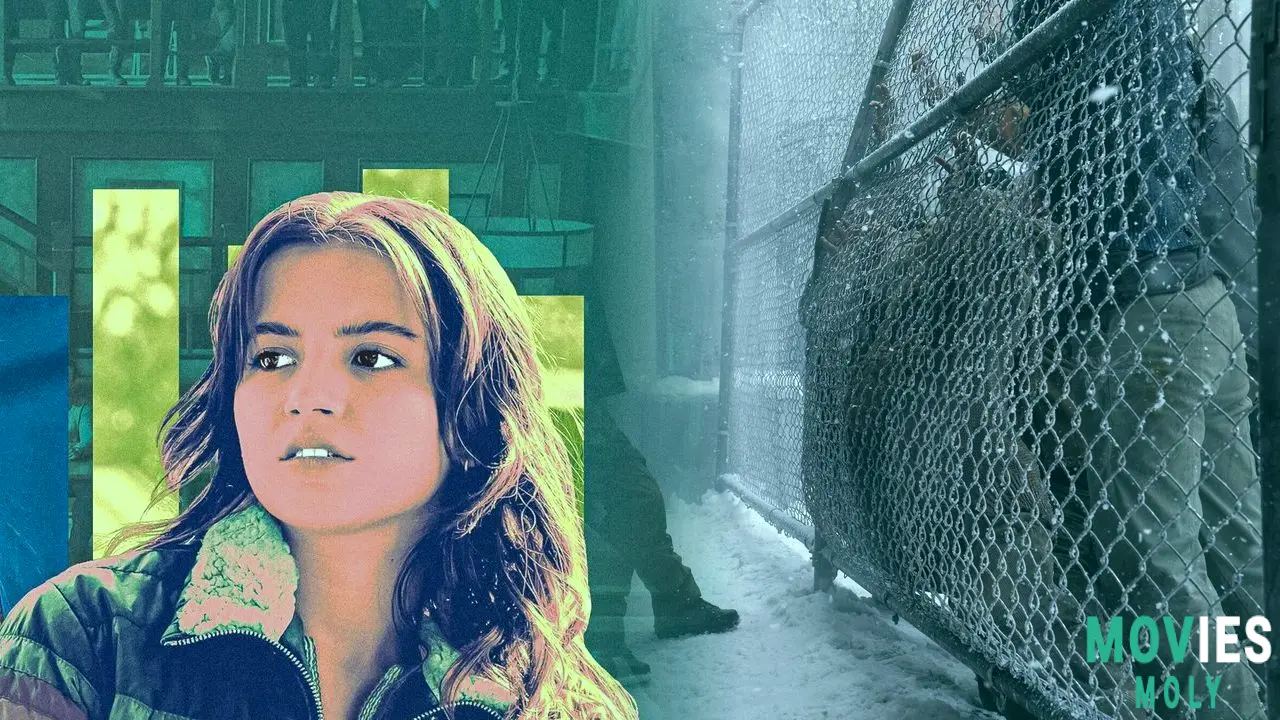
For a series so defined by the Joel-Ellie dynamic in its first season, the question loomed large: can The Last of Us maintain its emotional gravity without Pedro Pascal’s presence? Episode 3 doesn’t just answer that—it challenges us to rethink the entire narrative relationship. Isabela Merced’s Dina steps into a more prominent role, and her chemistry with Ramsey offers a new emotional axis for the show to spin around. Their trauma-bonded partnership on the road to Seattle feels organic, even as it’s fueled by divergent coping mechanisms—Ellie’s anger and fixation versus Dina’s cautious support.
Ellie’s proposal to hunt down Abby and her crew—now revealed to be part of the WLF militia—comes not only as a quest for vengeance but as a desperate grasp for meaning. When the town council of Jackson shuts down the plan, Ellie agrees outwardly, but we all know she’s already made up her mind. This is a character still stuck in the fallout of losing the only parental figure she ever knew. As Gail chillingly puts it: “Some people just can’t be saved.”
The Last of Us adds new threats and expands the world with unsettling precision
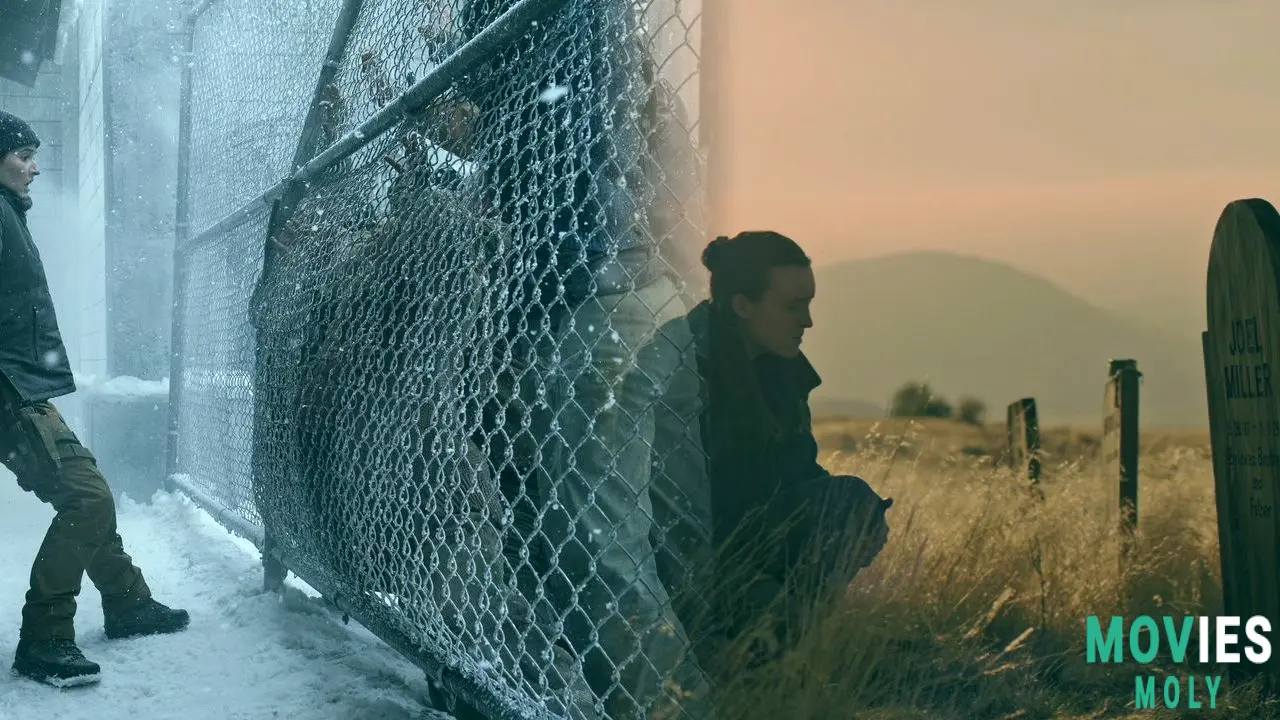
One of the more jarring, yet narratively purposeful, choices in Episode 3 is the detour to Seattle—not with Abby, but with a new group of religious cultists. Sporting matching scars and communicating through whistles, they feel eerily reminiscent of The Walking Dead’s more symbolic antagonists. It’s a tonal shift, sure, but it’s also a reminder that the world beyond Jackson and Joel’s death is still dangerous, chaotic, and evolving. These “Hunters,” as the show hasn’t labeled them yet, serve as a foreshadowing of the threats Ellie and Dina are blindly walking into.
The show may be breaking away from the game’s strict perspective by giving us these outside glimpses, but it does so with a clear purpose: to build tension and to illustrate how little our protagonists understand what they’re up against. The WLF may be one thing. These cultists may be something else entirely. And both are watching.
Small changes from the game add emotional weight and deepen character motivations
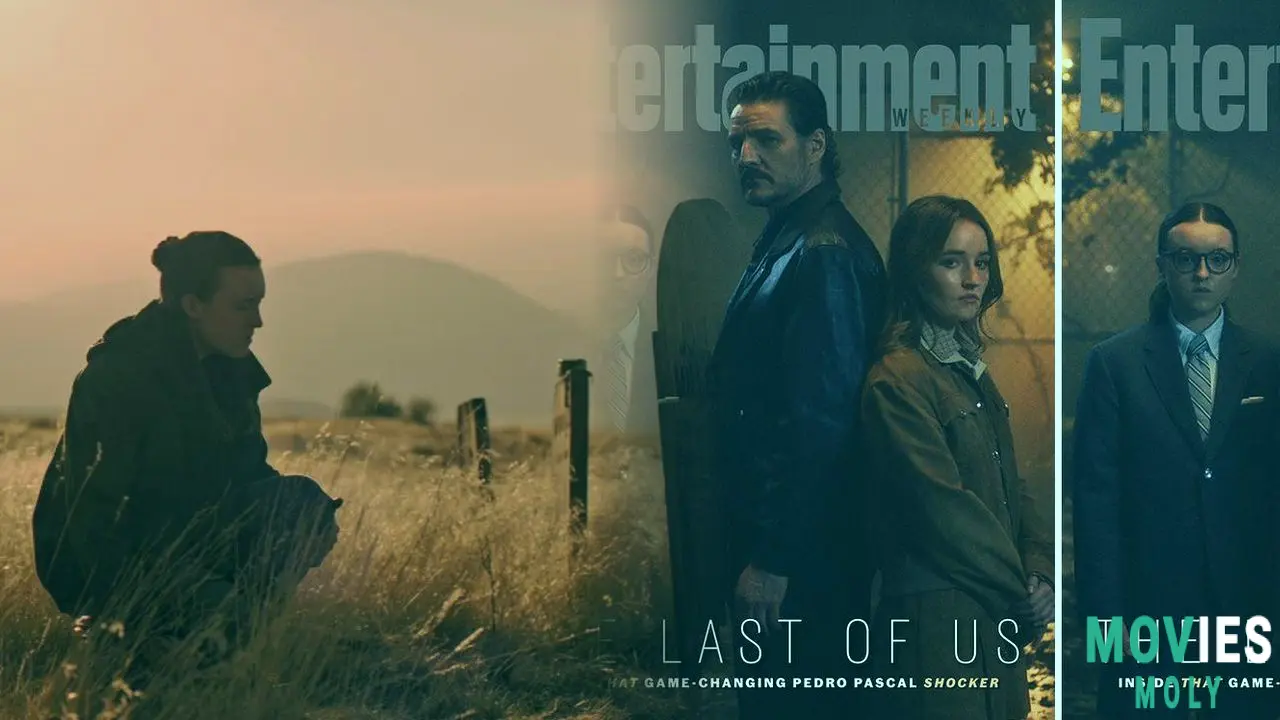
As with last week’s explosive finale, the creative team led by Craig Mazin and Neil Druckmann continues to smartly diverge from the source material in ways that enhance the storytelling. Dina replacing Tommy in the ski cabin scene isn’t just a logistical change—it’s emotional calculus. It places Ellie squarely in the role of witness and survivor, and it deepens the coming rift between her and Dina. Bella Ramsey even teases a layer of emotional complexity in Ellie’s reaction: “They’ve become trauma bonded, in a way, but there’s also an element of resentment… Dina got to be with him. Dina got to spend that last day with him.”
Joel’s concern for the Jackson community, shown as he watches it burn from the mountainside, is mirrored perfectly in Ellie’s later arrival. It’s a visual motif about belonging, purpose, and what it means to protect a place when everything inside you is demanding retribution. The concept of being “stuck,” which Mazin highlights, runs through the episode like a cold thread—stuck in grief, stuck in trauma, stuck in roles we don’t choose but can’t escape.
The emotional resonance of Joel’s death lingers in every quiet moment
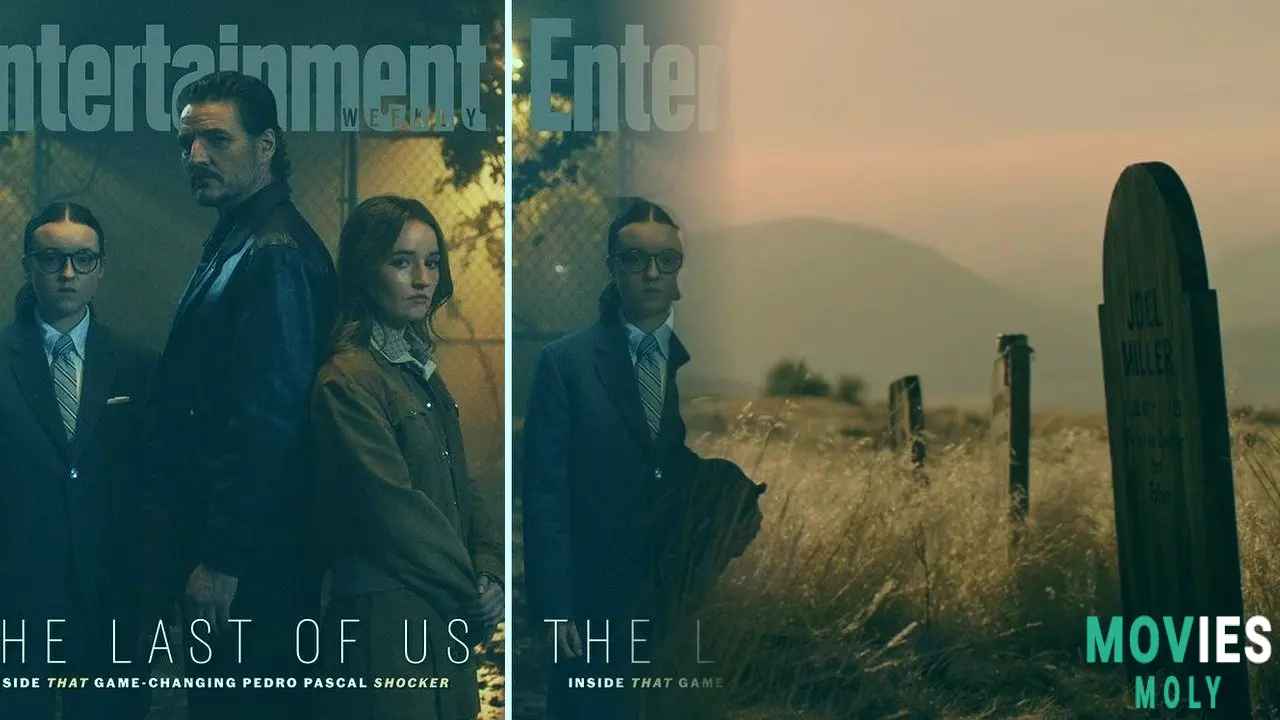
Perhaps the most powerful choice in Episode 3 is how it lingers on the aftermath rather than the violence. Tommy cleaning Joel’s body, Ellie’s silent sob in the closet of Joel’s empty house, the lingering shot on his jacket—these are mournful echoes of a relationship that defined the first season. The memorial for Joel, adorned with flowers and notes, stands in stark contrast to the anonymous fate of the others who died that day. It’s a visual reminder that this story, from now on, will be shaped by loss and memory.
And then there’s the moment in the final scene—Ellie sniffing the jacket, closing her eyes, and being pulled into a memory. It’s a small sequence, straight from the game, but delivered with such quiet reverence that it feels like a heartbeat beneath the snow. A memory that refuses to freeze.
“We gonna kill a bitch”: a darkly comic moment underscores what’s to come
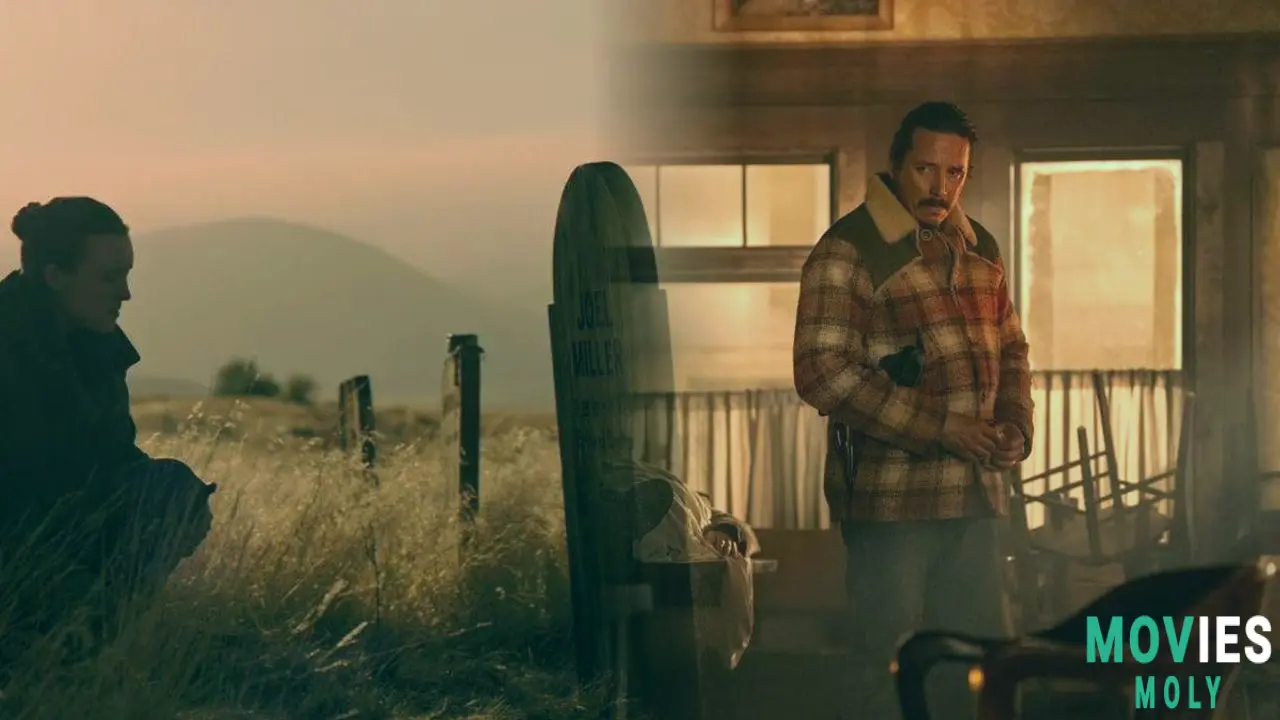
Ending on a note that’s equal parts grim and cheeky, Ellie’s off-script line—“We gonna kill a bitch.”—delivered after Dina’s cookie-filled question, lands like a punchline from a grieving teenager. It’s a moment born out of pain, but also out of a need to reclaim agency. The line may be crude, but it’s honest. And it’s a promise that the next chapter of The Last of Us won’t be about survival in the abstract—it will be about vengeance, morality, and how easily the line between the two can blur.
Joel may be gone. But the story isn’t. And if Episode 3 is any indication, it’s still as powerful, personal, and unavoidable as ever.

